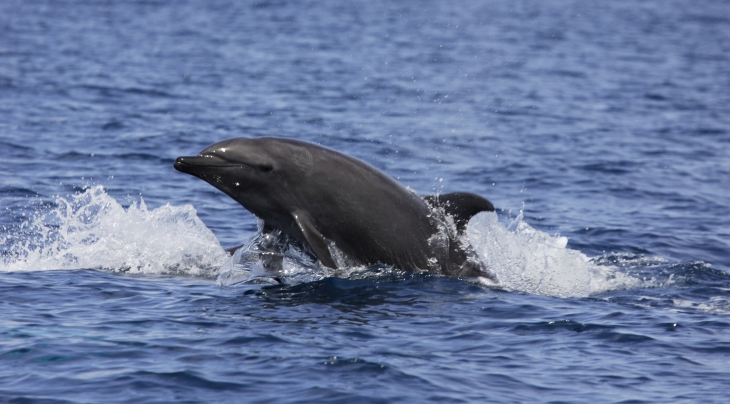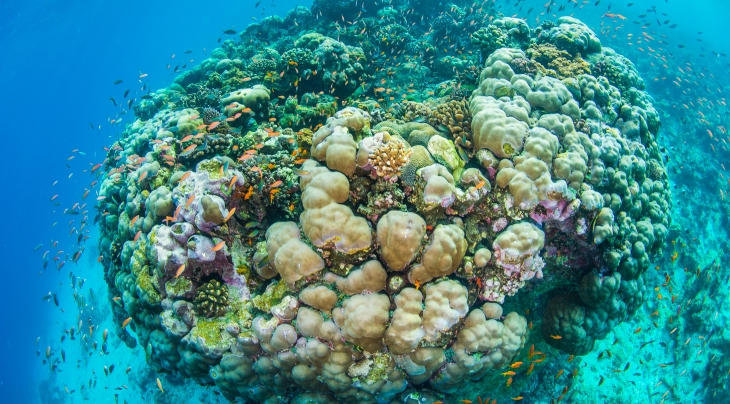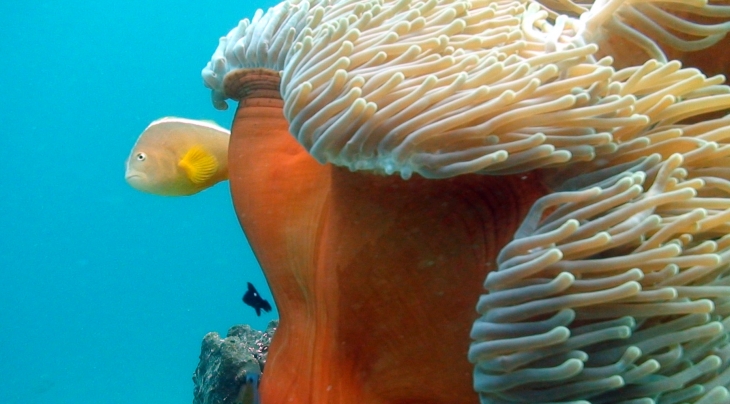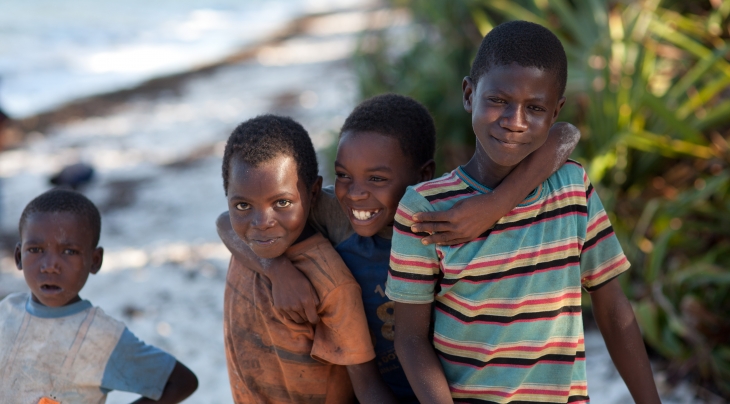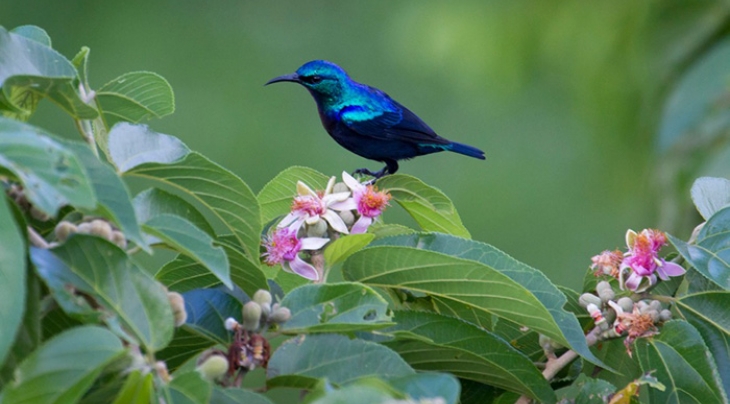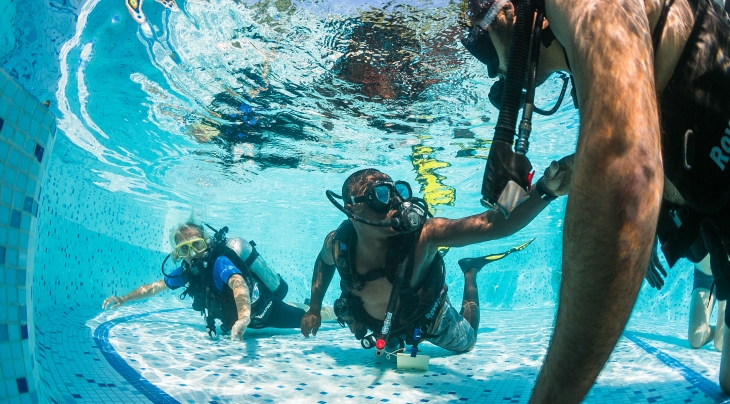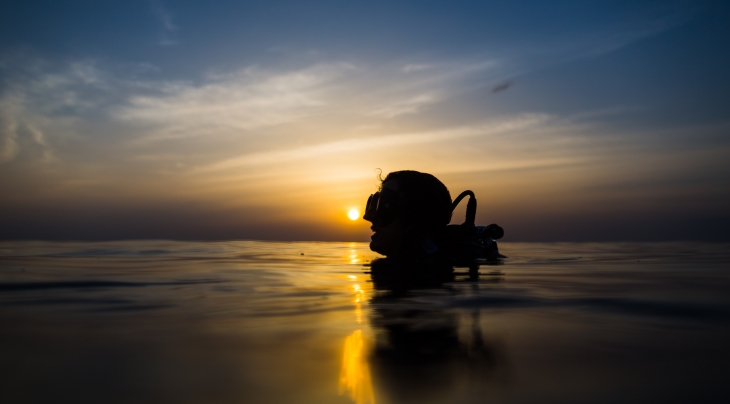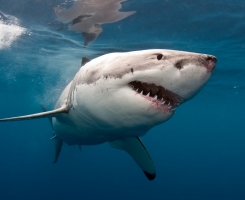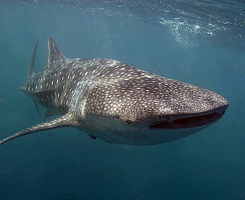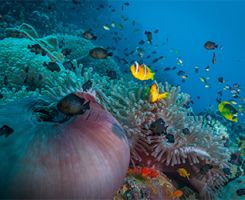- More More
- Blog
- Inspire me
- Groups
- Offers More
- Dive Courses More
- Liveaboards
More

Liveaboard Trips
On-board accommodation offering the opportunity to live right over the dive sites and to experience secluded dives...
Diving regions...
- LATEST AVAILABILITY BY REGION
- Red Sea availability
- Maldives availability
- Indonesian availability
- Socorro Mexico availability
- Galapagos availability
- ALL LIVEABOARD DIVING REGIONS
- Bahamas
- Bikini Atoll
- Caribbean
- Cocos Island
- Destinations
MoreDIVING REGIONS...
Our Top destinations....Why not try....
Find a trip
- Resort
- Liveaboard
Pemba Island
Pemba Facts
Area: 364,898 sqm.
Population: 37 million
Language: Swahili, English, Tribal
Currency: Tanzanian Shilling
Time: GMT + 3
Electricity: 240 volts, 50Hz. UK-style 3-pin plugs are used.
The Pemba channel rises from great depths as it approaches the narrow strait that separates the island of Pemba from mainland Africa. This narrow body of water concentrates the nutrients, which have in turn fed the growth of the reefs that border the channel. Visually the western shore of Pemba is stunning, fringed by a number of exquisite small islands, inlets and bays which lead on to an incredible coral cliff that drops to depths of over 300 metres.
The marine cliffs of Pemba ‘top out’ with a shallow coral shelf that is often only a few metres from the shore. Clear blue water gives way to turquoise sea in the shallows that lie between the shoreline and the edge of the ‘drop off’.
Manta rays and whale sharks are more likely to be encountered from October to April, when they come into the channel to feed.
Humpback whales may be heard as they migrate north in August and early September and you may be lucky enough to see one breaching; dolphins are frequently sighted. A resident school of around four hundred spinner dolphin, which inhabit the west coast of Pemba are often encountered though divers would more typically see bottlenose dolphin underwater, as they are slower, more docile and more likely to interact.
The shallower waters of the inshore dive sites are home to smaller tropical fish including the rare and endemic chromis damselfish.
Visibility can vary from a fabulous 60+ metres, to lower visibility when the water is more full of nutrients, attracting the larger plankton feeders. Generally more predictable visibility can be expected July to November.
The topography of Pemba’s reefs also makes snorkelling an excellent option. The top edge of the ‘drop off’ is typically covered in dense coral growth, which in turn gives way to beautiful gorgonian sea fans and sponges, which cling precariously to the wall. These colourful coral gardens provide a backdrop to a range of species. Shoals of barracuda, kingfish, wahoo, tuna and jacks can occasionally be seen hunting off the reefs.
Dive Sites
There are numerous dive sites accessible from the north and south of the island, with a large area now protected since the creation of PECCA in 2006. Noticeable improvements in fish stocks and coral health have been noted since then.
At Manta Point, over 3 seamounts, you have a good chance of encountering mantas; hopefully more than one at a time! Coral pinnacles at the site attract schooling fish making it a memorable dive for other reasons. At Njao Gap: south, the steep wall offers huge overhangs and large gorgonian sea fans. Marine life seen at this site includes eels, giant grouper, turtles, napoleon wrasse and numerous smaller fish. Fundu reef is characterised by a large sheer wall with many overhangs and caverns. Large rose coral and both red and yellow sea fans are a feature of the site. Marine life encountered on the reef includes large triggerfish, kingfish and wrasse.
Find out more about Pemba Island dive sites
Add on a safari option or Kilimanjaro trek
Diving Conditions
From July to March, conditions are generally excellent for divers, with little rainfall and water temperature in the high 20°C. Some of the dives carried out in Pemba are drift drives on the east side, and as such are suited to more experienced divers but there is a range of site available for newer divers wanting to extend their experience on the north and west coast of the island.
Water temperatures range from 29°C from December to March and 24°C from July to November.
Visibility: Pemba Island tends to experience good visibility overall in comparison with other islands in the region. Unlike Mafia Island where the river Rufiji flows around 50km away after the rains, there are no river estuaries that flow close to this area. As a general rule, the months offering best underwater visibility are September to November, as the Monsoon winds have settled and it is following a couple of dry, hot months.
Rains: The ‘long rains’ can start in April and last through to June. There is typically a second, shorter wet season in November. However, the duration and timings of the rains are becoming more irregular. The resorts on Pemba close for the main seasonal rains during Spring; please refer to the resort's page for details of each year's closure.
Dive 360, Manta Resort
The first PADI 5* centre on the island of Pemba, based at Manta Resort in the north of the island. Around 15 sites are accessible and many of the dive sites offer a different dive according to the time and current's direction on the day.
The centre can cater for all experience levels, but divers with more experience of currents and drift dives will benefit more from the sites available in this area. They generally offer two boat dives in the morning and one in the afternoon, plus night dives a couple of times each week, all run from their fibre glass boats or wooden dhow.
In order to offer the best value and most flexible dive packs to guests, divers pay for a dive pack excluding the boat trips. Guests can then choose how they would like to dive locally. This way, divers are not charged for boat dives to places like Njao or Fundu Reefs which they may not use. Please discuss your requirements with the Regaldive team, who will prepare a quotation suited to your needs.
A range of courses and e-learning is also available - please let us know in advance if you would like to take any courses whilst staying on Pemba so we can inform the dive centre.
Find out more about Pemba Island dive sites
Dive Packs
Options available include 6, 10 and 16 dive packages. Please discuss your requirements with the Regaldive team, who will prepare a quotation suited to your needs.
Extras in Resort
Prices listed below are an indication only, and subject to change.
- Dive packages (Near Reefs)
- 6 dives: $385pp
- 10 dives: $625pp
- 16 dives: $960pp
- Far Reefs: $30 per person supplement
- Marine Conservation Fees (PECCA): $5 per person per day
- Snorkelling trip including equipment: $25 / $45 per person, depending on distance
Equipment Rental
- Equipment rental is included in the price. A discount is applicable for those who take their own gear.
- The centre is equipped with 12l aluminium tanks, with DIN and international fittings
- 15l tanks are not currently available
Alternative Activities
Explore Pemba Island by kayak with a guide or a friend, or by vehicle with a driver rented locally. Visit its clove plantations, the beaches of Vumawimbi and Kas Kaiyuyuu, Tumbe village and Ngezi forest or early morning and evening bird-watching excursion.
Find out what excursions are available from Manta Resort, Pemba here
Getting Around and Basic Travel Information
Anyone booking the full package through Regaldive will receive local supplier assistance from the moment they exit customs at the airport, and all our packages include internal flights, land and boat transfers where applicable, unless otherwise requested.
Taxis are readily available, but it is recommended that you seek assistance from reception at your local place of stay for any additional travel and excursion arrangements you may wish to make in situ.
If you would like to extend your trip, we may tailor the duration of your international flights. Please also enquire about our sister company's tailormade safari extensions.
Stone Town, Zanzibar
Some flight connections may give you a few hours to briefly explore Stone Town. Stone Town is just 6km from Zanzibar airport, so you can take a taxi into town for a bite to eat or drink. Or, you can book the Spice Farm tour locally, about 10km from town for around 50,000 Tzsh (c. £20). Alternatively, there is a small place to eat at Zanzibar Airport or you may opt to stay overnight or for a few days, to further explore the spice island of Zanzibar.
Explore Zanzibar from the Zanzibar Palace Hotel
Climate
Winds blow from the North East from December to April, and from the South West from May to September. The beginning of each new season brings rains.
The ‘long rains’ can start in April and last through to June. There is typically a second, shorter wet season in November. However, the duration and timings of the rains are becoming more irregular.
The light rains in November are usually brief bursts between large stretches of sunshine. The hottest season is January and February but there is usually a refreshing sea breeze. Daytime temperatures usually vary between 26-32°C.
Water temperatures range from 29°C from December to March and 24°C from July to November.
Time
Tanzania is +3 hours ahead of GMT.
Currency
Tanzanian Shilling (TZS)
£1 - 2400 TZS
$1 - 1550 TZS
€1 - 2000 TZS
The recommended currency to carry is US Dollars. Access to banks is restrictive but you may change some travellers cheques.
Tipping
Although entirely voluntary, tipping is a recognised part of life in this region of the world. Some local staff will look to travellers for personal recognition of the services offered.
Activities
Explore Pemba island by kayak with a guide or a friend, or by vehicle with a driver rented locally. Visit its clove plantations, the beaches of Vumawimbi and Kas Kaiyuyuu, Tumbe village and Ngezi forest or early morning and evening bird-watching excursions.
Find out what excursions are available from Manta Resort, Pemba
Add on a Safari option or Kilimanjaro Trek
Language
English is the official language but Swahili is the national language, with 42 ethnic languages spoken.
Flight Information
Scheduled flights are available with Oman Air, Emirates, Kenyan Airways, Ethiopian Airways and KLM / Air France.
- Oman Air via Muscat (Oman)
- Emirates via Dubai (UAE) and Nairobi (Kenya)
- Kenyan Airways via Nairobi (Kenya)
- Ethiopian Airlines via Addis Ababa (Ethiopia)
- KLM / Air France: Some flights are code shares with Kenyan. KLM offer the best UK regional departure choices, but flights are via Amsterdam, so the trade off is 2 stops (UK - Amsterdam - Nairobi - Zanzibar) and a supplement may apply.
On arrival in Zanzibar, an internal flight to Chake Chake airport in Pemba is required which we organise as part of your package.
Other flight routes may be available i.e. via Dar Es Salaam, or you may arrive from / depart to other Tanzanian Airports such as Arusha.
Departure tax: Approx. $48, this is in addition to the entry visa (below) and will need to be paid in cash.
Passports
Travellers to Tanzania should have six months validity on passport from the date of return to the UK.
Visas
UK citizens require an entry visa. This can be obtained on arrival at the airport and currently costs USD 50 per person but you may prefer to apply beforehand. 2 blank pages FACING required. Please check your country of nationality’s entry requirements for any restrictions applicable to you.
Vaccinations
Vaccination requirements are subject to change and should be confirmed before departure. For the most up to date advice please consult your travel clinic. Ensure you mention you are diving as this may affect any anti-malarial medication advice you are given. Further information regarding vaccinations for travel to this country can be found at www.fitfortravel.nhs.uk and from your local healthcare provider. We strongly recommend protection against malaria, hepatitis A, tetanus, typhoid and polio. Please consult your travel clinic for the latest advice on the different prophylaxis available against malaria.
The Manta Resort
Highly Recommended
"Our holiday in Pemba was amazing, the accommodation was brilliant especially our night in the Underwater Room. Highly Recommended. Snorkelling was very good, beautiful corals and incredible visibility. We went on two tailor made day trips to other snorkelling and fishing locations, the management couldn't do enough to accommodate us. Free Spa treatment and Laundry is a bonus and staff are lovely. Beautiful, quiet and unspoilt location. Thank you for the organisation, will definitely go back."
Lou and Ben - UK
The Manta Resort
Great Diving and a Herd of Elephants!
"Dear Helena,
We have just returned from our holiday.
Thank you so much for booking it for us, it really surpassed all our dreams. The diving was wonderful in Pemba so much coral, then on to the safari. A herd of 30 elephants came right up to the car and went either side. That was on the first drive - the rest were just as breath-taking.
Thank you again,
Mary and Robin "
Mary and Robin - UK
Pemba Island Accommodation
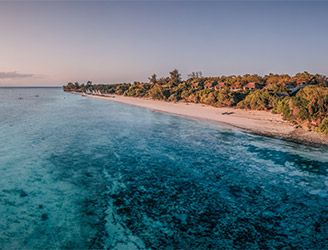
The Manta Resort
from £2208
Take advantage of fantastic water-based activities on East Africa's finest island sanctuary. Manta Resort has an open plan...
VIEW DETAILS
